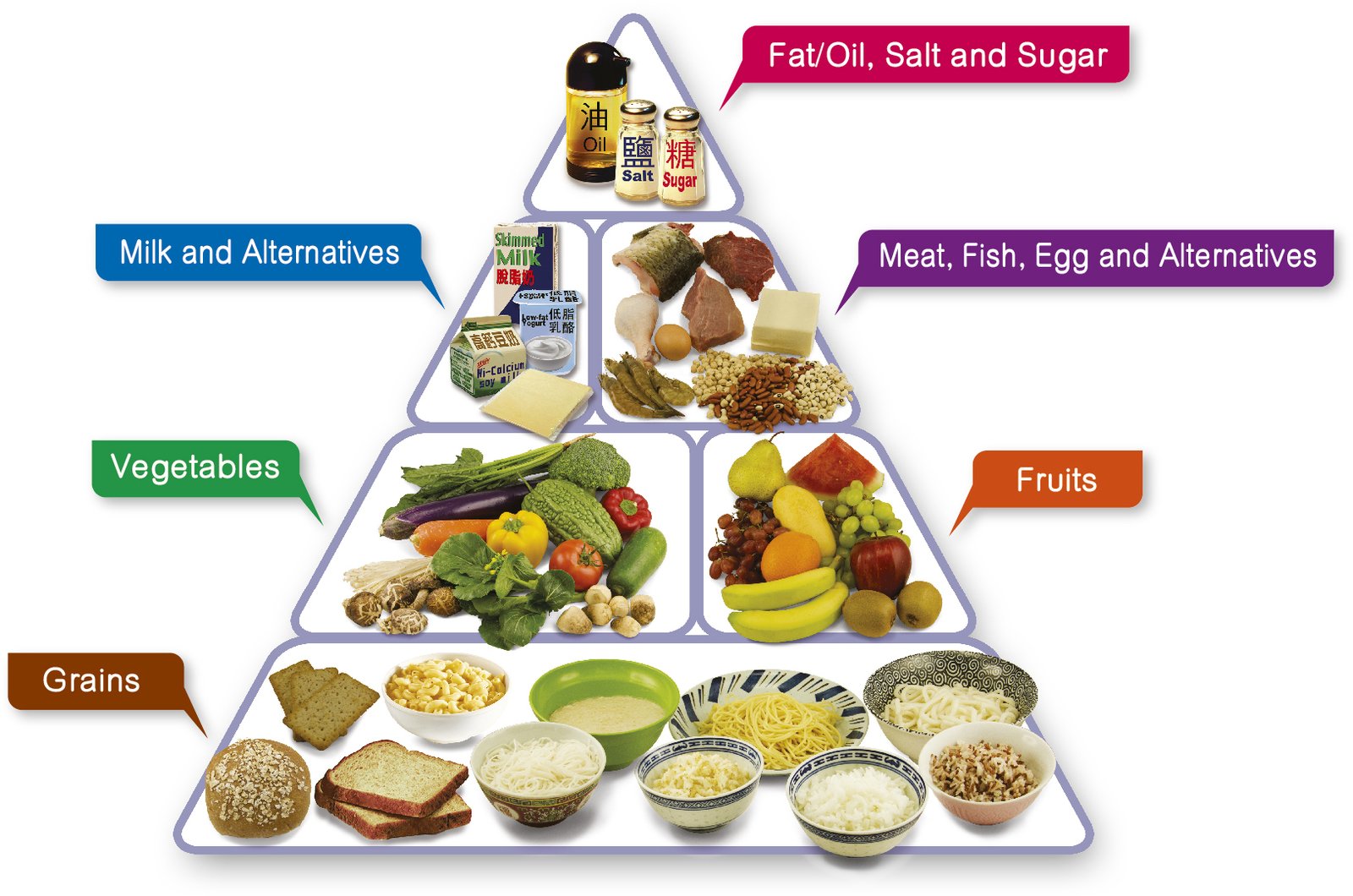Introduction: Understanding a Balanced Diet
A balanced diet is essential for maintaining overall health and wellbeing. It provides the body with the necessary nutrients to function effectively, supports energy levels, and reduces the risk of chronic diseases. Understanding the components of a balanced diet helps individuals make informed food choices. This article outlines the basics of a balanced diet, including the key food groups, their benefits, and practical tips for maintaining healthy eating habits.
Key Components of a Balanced Diet
1. Fruits and Vegetables
Fruits and vegetables are the cornerstone of a balanced diet. They are rich in vitamins, minerals, antioxidants, and fiber. Aim to fill half your plate with a variety of colorful fruits and vegetables. Incorporating different types ensures you receive a wide range of nutrients.
2. Whole Grains
Whole grains, such as brown rice, quinoa, whole wheat bread, and oats, provide essential carbohydrates and fiber. They help maintain energy levels and support digestive health. Choose whole grains over refined grains to maximize nutritional benefits.
3. Protein Sources
Protein is crucial for building and repairing tissues. Include lean protein sources such as poultry, fish, beans, lentils, tofu, and nuts in your diet. Aim for a mix of animal and plant-based proteins for a balanced intake.
4. Dairy or Dairy Alternatives
Dairy products, such as milk, yogurt, and cheese, provide calcium and vitamin D, essential for bone health. If you’re lactose intolerant or prefer plant-based options, choose fortified dairy alternatives like almond milk or soy yogurt to ensure adequate calcium intake.

5. Healthy Fats
Incorporating healthy fats is important for heart health and overall wellbeing. Focus on unsaturated fats found in avocados, nuts, seeds, and olive oil while limiting saturated and trans fats from processed foods. Healthy fats support brain function and help absorb fat-soluble vitamins.
Benefits of a Balanced Diet
1. Supports Overall Health
A balanced diet provides the body with the essential nutrients it needs to function optimally. Proper nutrition supports immune function, reduces the risk of chronic diseases, and promotes longevity.
2. Maintains Healthy Weight
Eating a balanced diet helps regulate weight by providing the right proportions of macronutrients. It encourages mindful eating and reduces the likelihood of overeating.
3. Enhances Energy Levels
A well-rounded diet supplies the body with the energy it needs for daily activities. Consuming a variety of foods ensures a steady energy supply throughout the day.
4. Promotes Mental Wellbeing
Nutrition plays a crucial role in mental health. A balanced diet rich in omega-3 fatty acids, vitamins, and minerals supports brain function and can improve mood and cognitive performance.
Tips for Maintaining a Balanced Diet
1. Plan Your Meals
Planning meals ahead of time helps ensure you incorporate a variety of food groups. Create a weekly meal plan that includes fruits, vegetables, whole grains, protein, and healthy fats.
2. Practice Portion Control
Being mindful of portion sizes is key to maintaining a balanced diet. Use smaller plates, serve appropriate portions, and listen to your body’s hunger and fullness cues.
3. Stay Hydrated
Adequate hydration is vital for overall health. Aim to drink plenty of water throughout the day and limit sugary beverages. Herbal teas and infused water can also contribute to your fluid intake.
4. Limit Processed Foods
Minimize the consumption of processed and packaged foods high in added sugars, sodium, and unhealthy fats. Focus on whole, nutrient-dense foods for better health outcomes.
5. Enjoy Your Food
Eating should be a pleasurable experience. Experiment with new recipes, flavors, and cuisines to make healthy eating enjoyable. Share meals with family and friends to enhance the social aspect of dining.
Conclusion: Embrace a Balanced Approach to Eating
Understanding the basics of a balanced diet is essential for achieving optimal health. By incorporating a variety of food groups, practicing portion control, and making mindful food choices, individuals can promote their overall wellbeing. Embrace the principles of a balanced diet as a sustainable approach to nutrition, and enjoy the many benefits it brings to your life. Remember, small, consistent changes can lead to significant improvements in your health over time.




